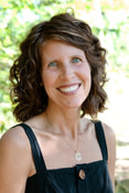
First, we did the mundane--laundry put away, beds made, water boiled for tea, bread toasted and buttered. Then we got more creative--delivered a meal to a friend, first stopping to see if the roadside stand was selling sweet corn (none yet--we were so impatient!). And then we biked to the neighborhood park--racing down sidewalks, taking turns being the leader, weaving joyfully through sprinkler arcs and grass clippings on the shadowed cemetery road--the girls ready to swing and climb, me eager to read the newspaper. When we tired of the jungle gym, we rode bikes to the library. The girls charged ahead to the children’s section, barely looking back, and I settled in with Will Schwalbe’s Books for Living--a creative, reflective book that has made me recall, with gratitude, the books that have built my life, word by word.
After lunch, I took 30 minutes of quiet meditation in my backyard. Clouds mixing gloriously with sun, breeze cooling bare arms, I had a chance to breathe and think. The cicadas buzzed loudly, signaling the nearness of fall and with it, the looming semester crazies. And now, as I write on this August afternoon, I sit at the kitchen counter with a cup of coffee. The late afternoon sun streams through the window above the sink, the faucet casting shadows that I never see in dreary Michigan February. (And, to be honest, it’s the witching hour. One of the kids has started whining. The other is crying about something that I can’t for the life of me understand, and I’m getting crabby. I just poured another kid a cup of coffee with cream--an act of desperation as I finish this post. I miss my work office a teensy bit. I know I’m being nostalgic about lazy summer days; I suppose I should also keep it real. Every season has its ups and downs.)
Considering that The Penderwicks (Birdsall) is a “summer tale,” I read it at the perfect time: on a summer beach vacation. And I found it to be tremendously entertaining. Critics have drawn parallels between this work and Little Women, and I heartily agree. Focusing on the summer adventures of four sisters, The Penderwicks represents so many things that I want my own four daughters to experience: their love of writing and of stories, loyalty to one another, friendships with new people, adventures together and alone, a naughty dog, a supportive father. With its apt descriptions of the carefree summer life, this book will warm your soul and inspire you to plan your next summer adventures--wherever they may be.
I read this Newberry award-winning book about twelve-year-old Rollergirl wannabe, Astrid, with my daughter. Roller Girl had all the markings of the summer coming-of-age tale: the best friend drifting away, the discovery of new talent, the happiness found in new friends. Jamieson’s depiction of Astrid’s summer reminded me of my own summers as a kid--boiling hot sidewalks, cold popsicles, and learning to bike, skate, and swim. This is the perfect summer girl power graphic novel!
This book describes experiences common to many of us: old in-ground pools, dry fields of grass, green forests, fresh, sweet melon and buttered white rolls. But Griffin’s book is also a complex ghost story that focuses on two sisters, meeting many YA readers where they can relate. It walks a thin line between nostalgia and grief, between real-life and fantasy, between growing up and growing apart, and being separated by mental illness and death. We know from the very beginning that Jane has died--a unique place to start--and the first few pages stirred my longings for home by describing a grandmother’s “lavender hand cream, the pine soap in the floorboards, the mushroomy dampness and smoke in the wallpaper.” Griffin has a way with description, and is honest in her depiction of grief and mental illness, yet her story is lovingly told and gracious and left me with hope. It is rich--only 150 pages--and can be savored as a summer porch read.
Williams’ novel comes with high acclaim, having won the Scott O'Dell Award for Historical Fiction and the Coretta Scott King Award and being a National Book Award Finalist. The book features eleven-year-old Delphine, in charge of her two younger sisters, Vonetta and Fern, as the three visit their estranged mother in California. They expect Disneyland, but instead, their mother sends them to a Black Panthers day camp, changing their relationships, and outlooks, forever. Touching, funny, and historically accurate, this book should be on your summer (or wishing-for-summer) book list. Williams has written two sequels: P.S. Be Eleven and Gone Crazy in Alabama.
While The Mighty Miss Malone doesn’t focus solely on summer, it explores the ways that our dreams of summer adventures and returning to school in the fall can be changed in an instant. Deza, the smartest girl in her class in Gary, Indiana, expects to stay in Gary and flourish. But instead, her family falls on hard times due to the Great Depression, and her father leaves--and is lost--as he searches for work. The rest of this heartbreaking, yet tender, novel focuses on Deza, her mother, and her brother, Jimmie, as they look for their father, discover the true meaning of love and loyalty, and try to find their way home, together.
The Names They Gave Us was the perfect read when a summer storm rolled in on an inland lake; I settled into the couch, rain and lightning framing the story. I found myself enchanted with Lucy Hansson, who lives a safe and easy life until her mom's cancer reappears. All that holds Lucy together--her reliable boyfriend, her faith, and her summer plans to work at her parents’ Bible camp--falls apart in an instant. Instead, Lucy works at a summer camp for troubled kids, visits her parents on the weekends, and learns the meaning of love, and grace, when she meets new people and learns surprising family secrets. On that rainy day, I expected an easy, predictable book, but was thrilled with the risks and challenges that Emery Lord presented with this lovely story.
I read Saenz’s Printz Honor book on my side porch on a Sunday summer afternoon. From the first page on, I didn’t want the book to end, and found myself reading the conclusion of the novel multiple times even after I finished it. Featuring new friends Aristotle, who has a brother in prison, and Dante, who seems to know everything, this book is an archetypal summer read that draws on universal experiences: swimming at the community pool, learning more about one’s parents, deciding what kind of person to be, exploring what it means to stand up for true friendship, and discovering what it means to know, and truly love, another person.
June’s novel was a good read for an almost-summer day, when I sat on the patio of a coffee shop. It features sixteen-year-old Tatum Elsea, a likeable, strong, smart protagonist who appears to be preparing for a horrible summer. Tatum’s been inadvertently involved in a crime, resulting in her being sentenced to community service. To add to her stress, her father leaves the country, her stepmother’s rules are way too rigid, her perfect step-sister isn’t speaking to her, and her step-grandmother has been asked to babysit her. Tatum is able to make the best of things by flying under the radar, and makes new friends, establishes a graphic design business, and interacts with some amazing clients. Throughout the summer, Tatum reconciles with those from whom she’s been estranged and gets an unexpected happy ending. This is a great book for teens and adults--especially those that wish to discuss their notions of safety and success.
Dr. Gretchen Rumohr-Voskuil is an Associate Professor of English, Aquinas College. She can be reached at: [email protected]
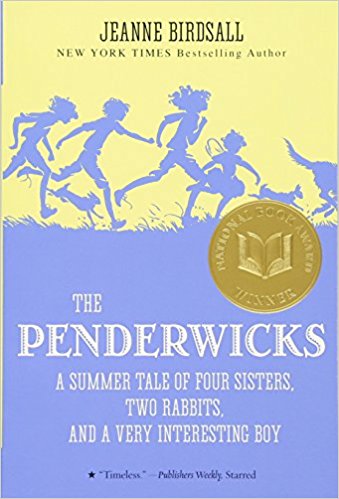
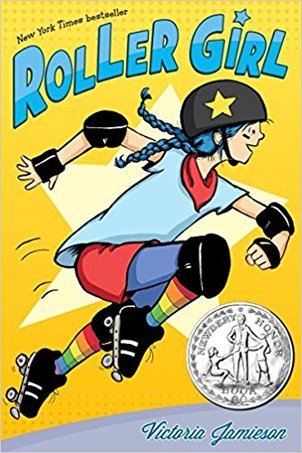
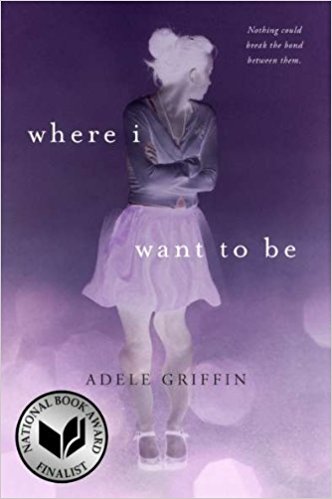
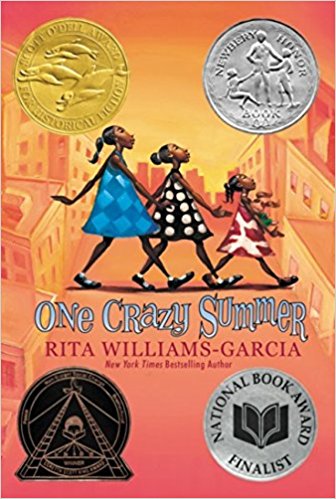
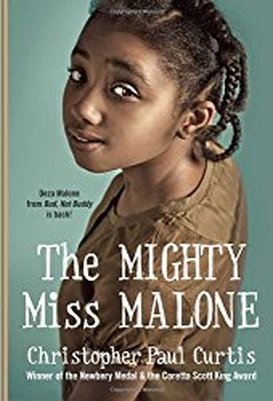
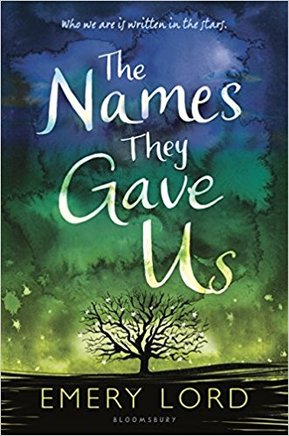
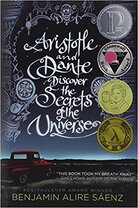
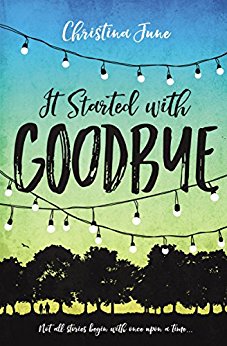

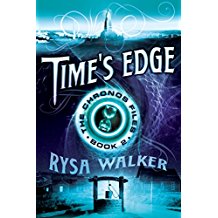
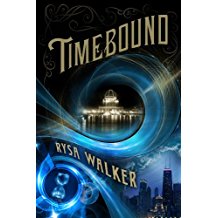
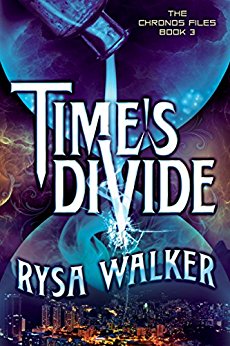
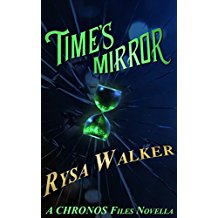
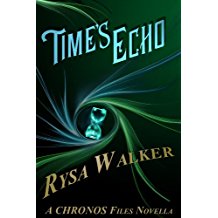
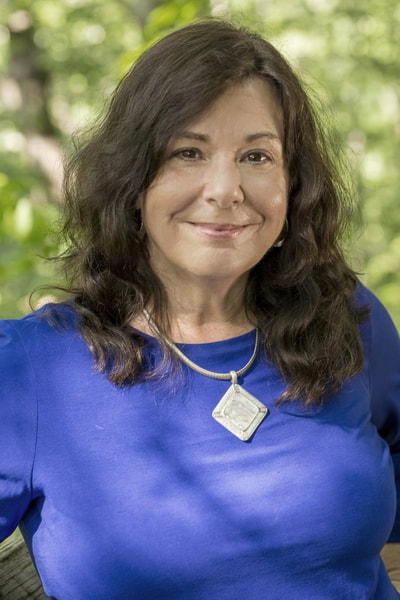
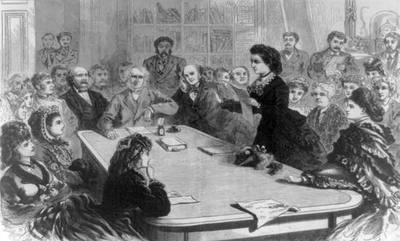
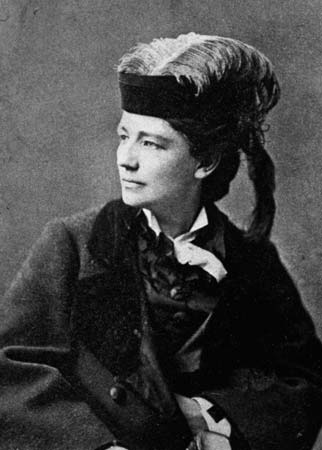
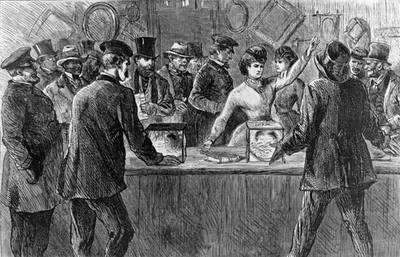

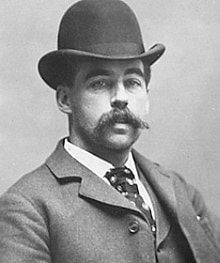
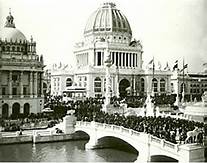
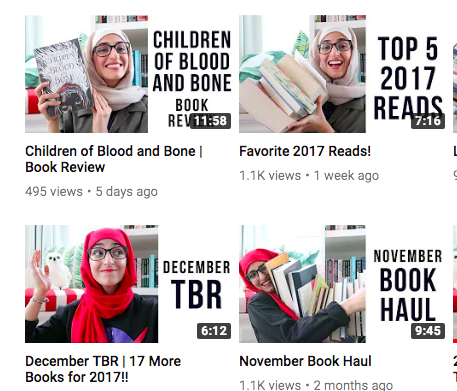
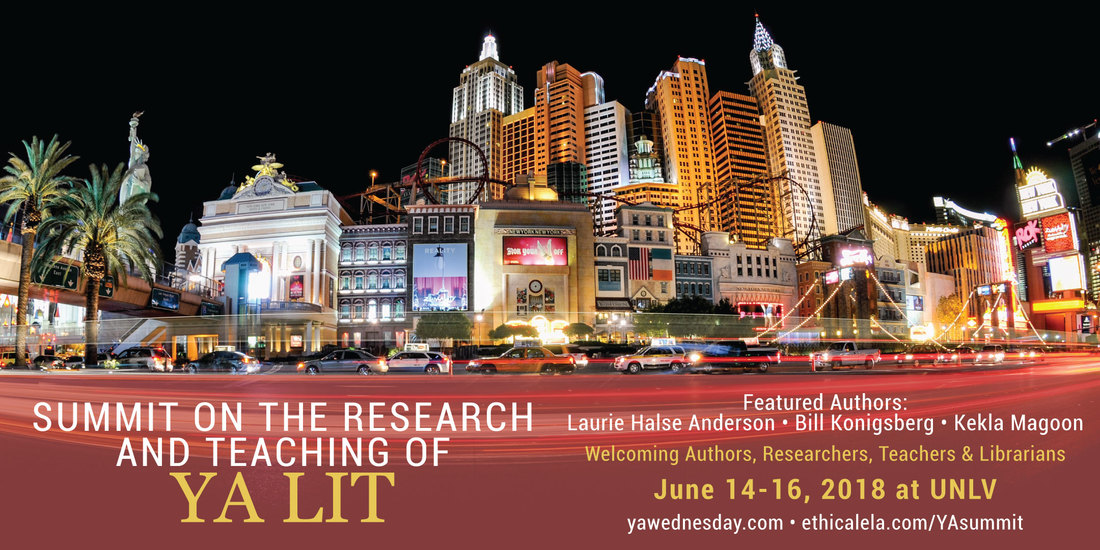
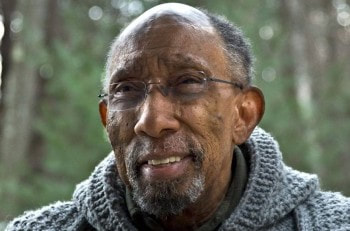
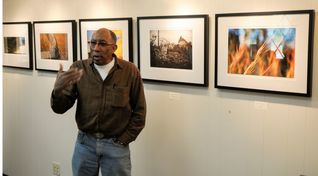
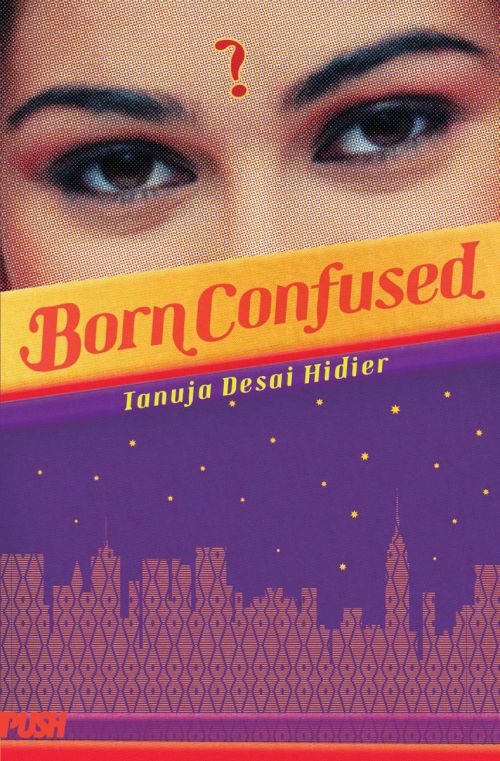
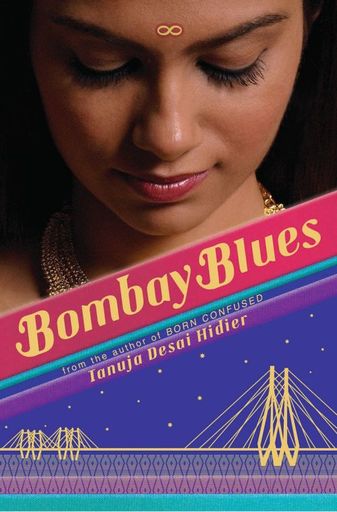
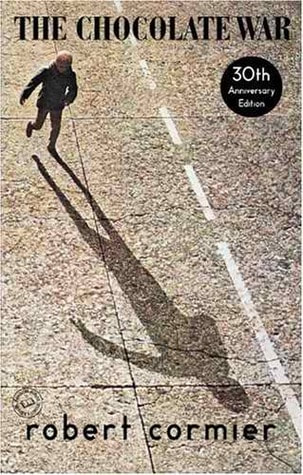
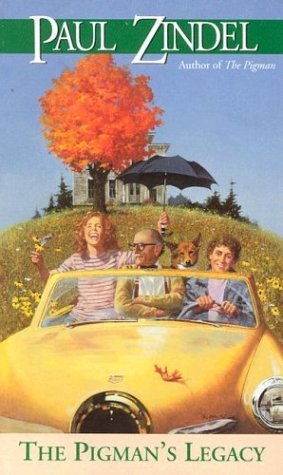
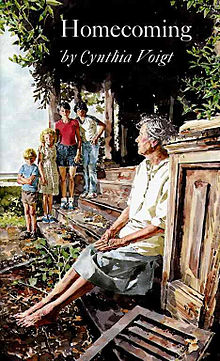

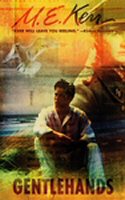
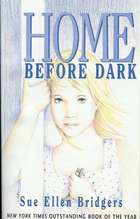
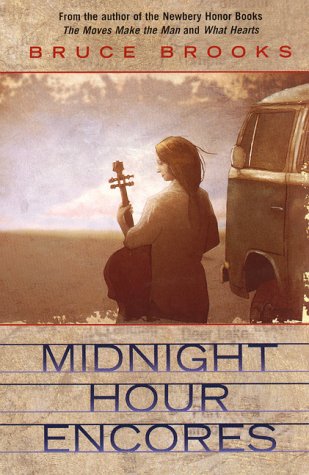
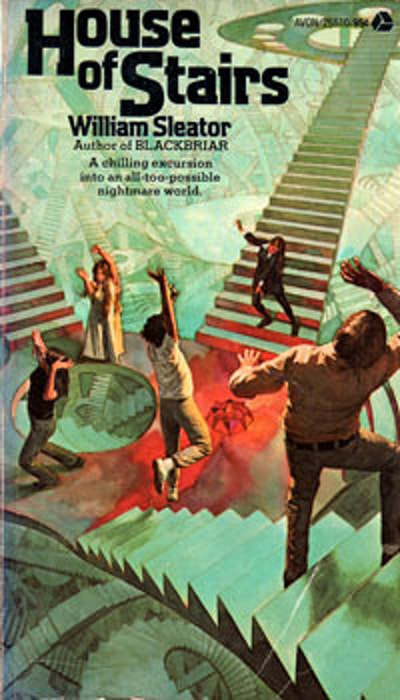
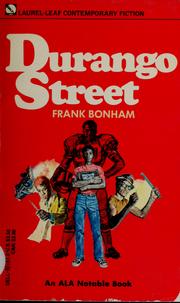

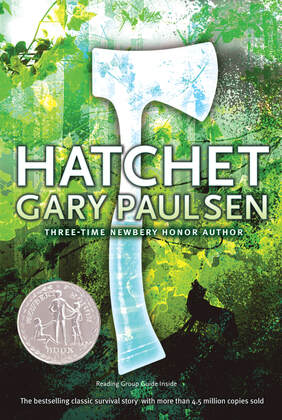
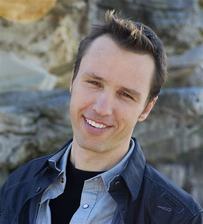

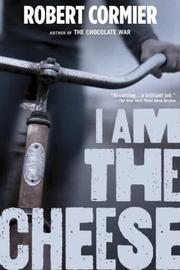
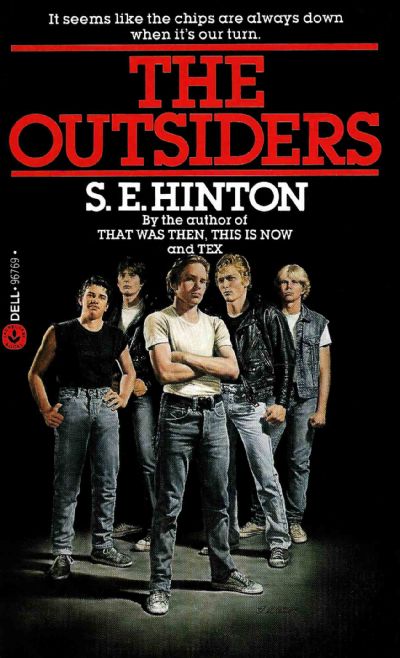
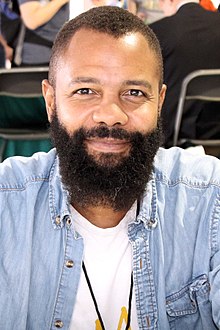
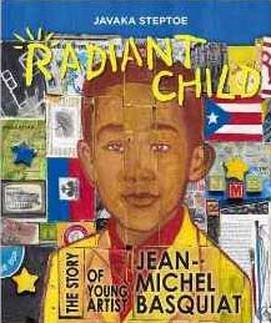
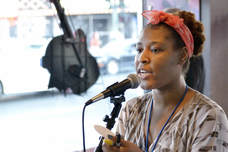
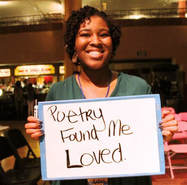
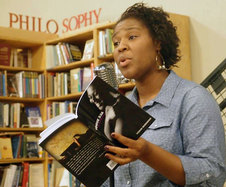
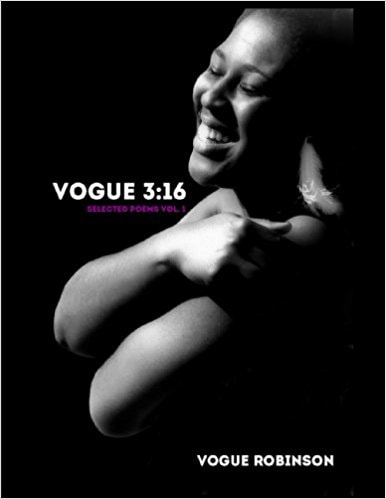
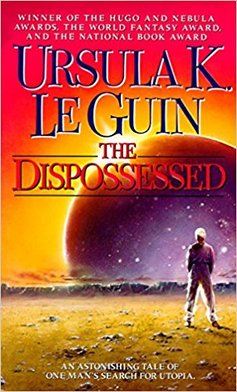
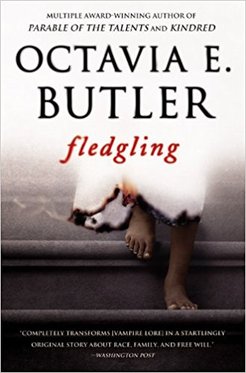
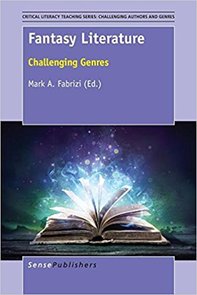
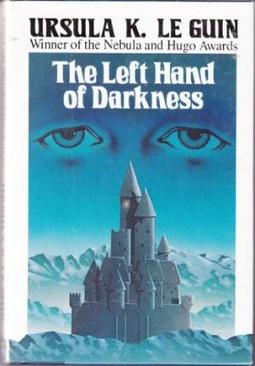
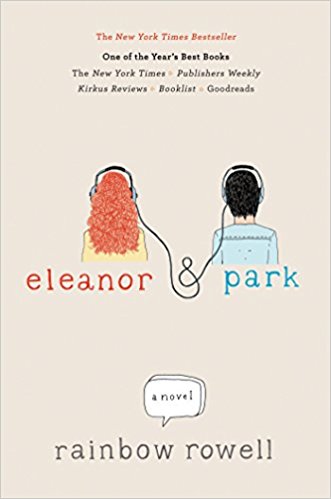
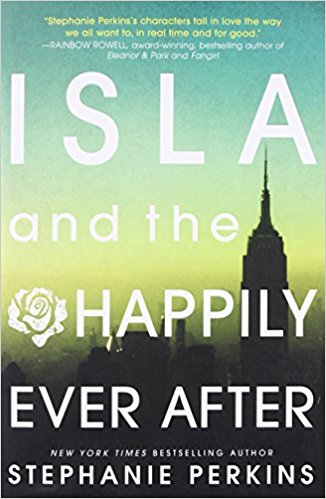
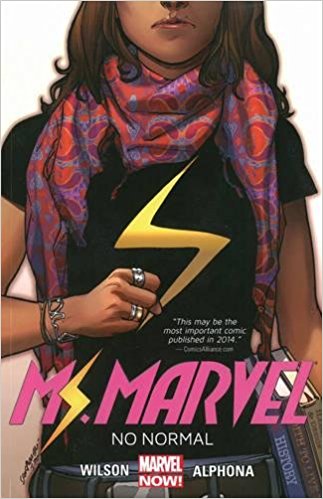

 RSS Feed
RSS Feed